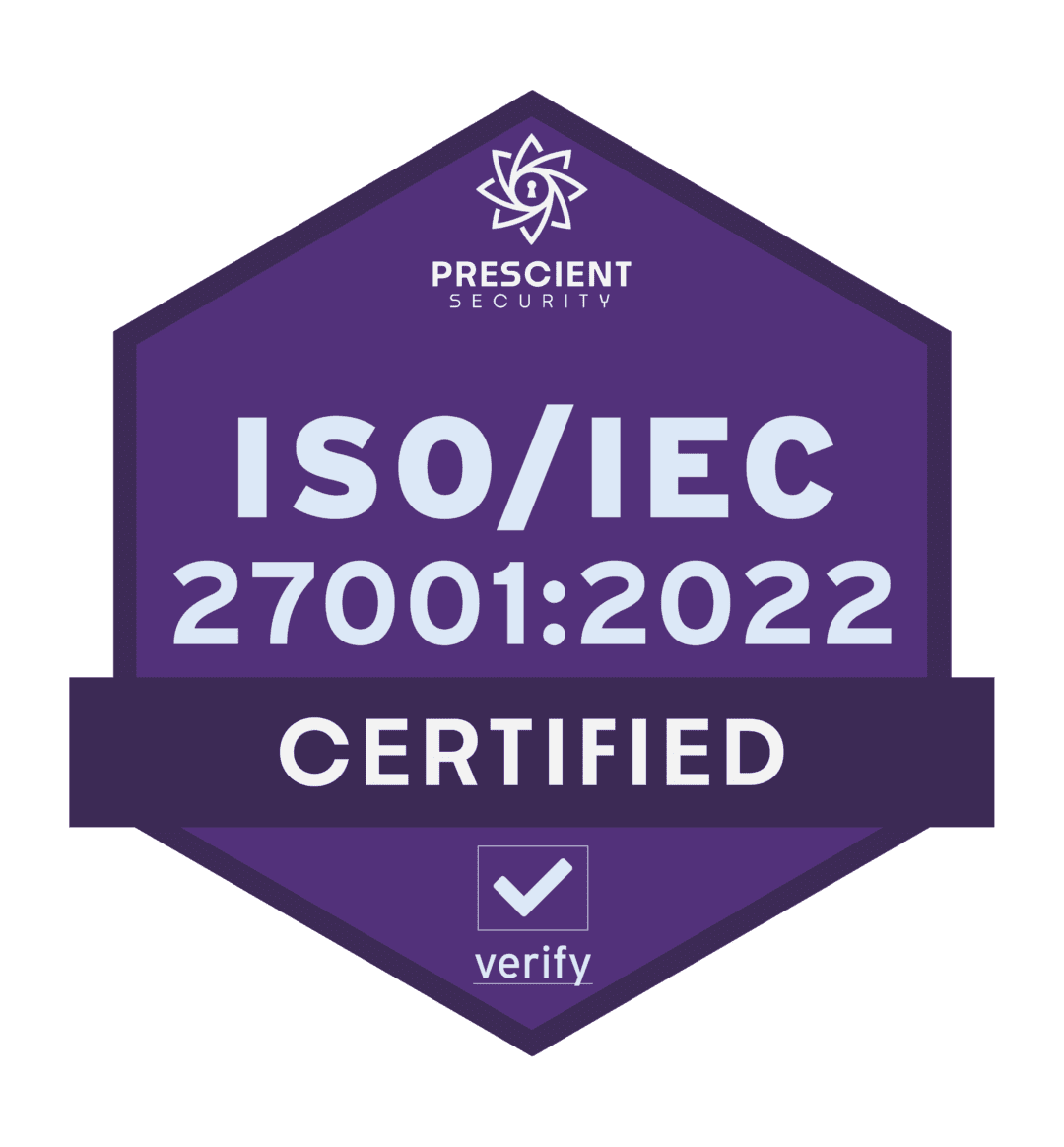Are you a small business struggling with establishing an online presence? Or maybe you have an online presence but don’t know if you are on the right path. This post will help you explore how you can secure an online presence for a small business in a cost-effective and efficient manner.
What is an Online Presence?
Your online presence refers to how easily a customer can find your company or brand online. An online presence for small businesses is essential to increase your brand awareness – no matter what kind of business you are.
SEO Can Help
If you have a website (which you should), you need to think about search engine optimization (SEO). Even if you don’t have a blog or you’re not looking to be the number one result in a Google search, it’s still important.
There are two types of SEO; off-site SEO and on-site SEO. Off-site SEO covers more of the admin side of your business. For instance, your business website should be set up correctly, has an easy-to-follow URL, loads quickly, is mobile-friendly, etc.
On-site SEO mainly pertains to the content of your site. Content includes basically anything that is “on” your site, like copy, images, videos, etc. You should research which keywords and phrases are trending in your particular industry and use those terms to guide your content strategy. You should be creating content that your target audience is most likely to search for. There are many SEO tools available for small businesses.
Figure out the questions your customers are asking and create content that answers those questions. This strategy will do two things: 1) help your customers find you and 2) position your business as an authority on your topic.
Be Active Online
It’s important to regularly stay active online. It’s all too easy to put in a lot of time in the beginning and let it fizzle out when you don’t see the results you want right away. But slow and steady wins the race.
You have a lot of options to engage with and capture the interest of your audience. These include your website, blog, local listing sites, review sites, and social media accounts. It’s important to do more than just share, though. You need to interact, engage and respond as much as you can.
How a Social Media Presence Can Help
Did you know that there are over 4.2 billion social media members worldwide today?
Social media is one of the most important places for you to showcase your brand and get in front of your target audience. Having a profile and presence on (at least) a few of the most popular social networks can give your brand some immediate credibility.
Social media is an effective channel to build reputation, engage with consumers, and build trust in the market. It’s usually the first place a customer searches for a brand, product, or service. So, to sell to the right customer, you have to be present where they shop.
Tip: Schedule specific hours for yourself every week to review your profiles, respond to comments and engage with people and businesses online. Many websites, specifically social media channels, require activity from your account to boost the views of anything you share – every algorithm is different but they all want you to engage on their site. Every time you share something, make sure to spend some time clicking around and commenting on other accounts.
Online Reviews Can Give Credibility
Online reviews are an important part of your business’s online presence. They can be frustrating but they can also be rewarding. It’s important to have your business listed on at least a few of the major sites. Many first-time customers are hesitant to do business with a new brand without proof that someone else has had a good experience with them. A good review can help to convince them.
Online reviews can help with damage control. If a customer leaves an unfavorable review, you can quickly engage with them and rectify their grievances. Not only will this turn a negative into a positive, but it will show others that you care about the customer’s experience. Some reviewers want to be negative just for the sake of being negative – not every grievance can be resolved. But your authenticity will shine through if you at least make the effort.
Google My Business is one of the most important platforms for building your online presence. It is an easy-to-use and free tool that you can use to manage your online presence in Google Search and Google Maps.
This will help your existing and potential customers to find your business. You can create a business listing to your company’s store, verify your business, and showcase your products and services. Your customers can also leave online reviews on your Google My Business listing. The better your reviews, the higher your search engine ranking will be.
Tips to Getting Better Online Reviews
Some of the tips to help you build an online presence via better online reviews are.
- Deploy an email campaign to ask what your customers want
- Request your satisfied customers to leave reviews about your business on your website and local business listing sites such as Yelp, Google My Business, etc.
- Reward customers who are willing to leave reviews about your brand
- Ask website visitors to review if they like your services











